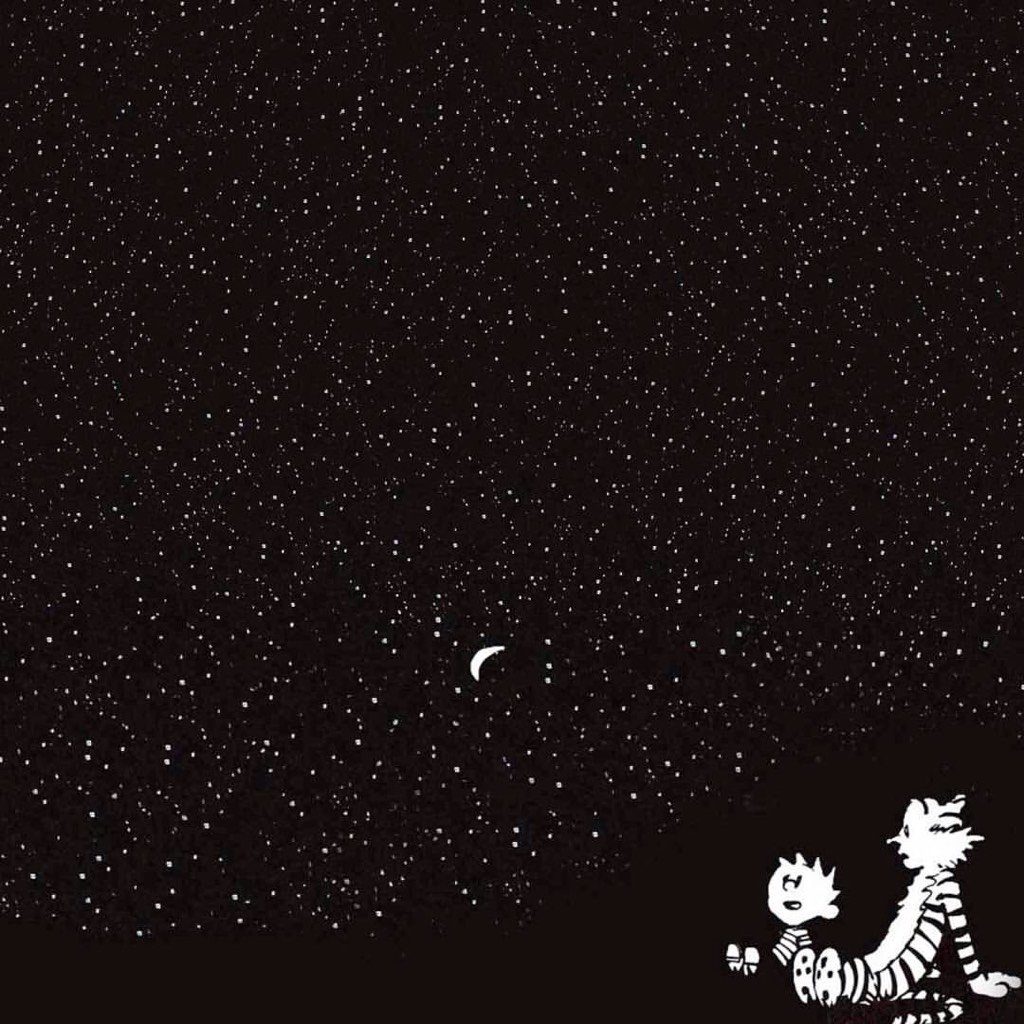2. Spinoza rejects free will, but still thinks we can be free "in proportion as" what?
3. How does Spinoza differ from the Stoics?
4. What can Russell not accept in Spinoza's view of misfortune?
5. Who caricatured Leibniz as Doctor Pangloss?
6. How does Leibniz differ from Descartes and Spinoza on the question of "substance"? (OR: How many substances did he say he believed in?)
7. How might a Manichaean retort to Leibniz?
8. What kinds of walks are "essential to alternate"?
9. What kind of mind achieves the greatest discoveries and joys on a stroll?
DQ
- How many irreducible substances do you think compose the universe?
- Can you be free, if your own thoughts and actions are part of an eternal, timeless universe all of whose parts are necessary just as they are?
- What do you think it means to see the world sub specie aeternitatis? Is that possible for humans?
- Is it possible to alter the future? 574
- If you accept that all things are necessary, will you have greater control over your emotions? 575
- If you accept that personal survival after death is an illusion, is there still something eternal in the mind or soul? 577
- Do you agree with Russell that you can reject Spinoza's metaphysics but still accept large parts of his ethics? 578
- Are there circumstances in life that should not be met with "philosophic calm"? 579
- Are there bad events in life that can never be redeemed or "made good"? 580
- Do you consider it possible or plausible that we all live as "windowless" substances like Leibniz's monads, in a pre-established harmony of interior perception? Would that be "admirable evidence" of God? 583-4
- Have you read Candide? What did you think of it?
- What's the difference between an optimist and a pessimist? Are you one or the other?
- What are the first improvements you'd make in the world, if you could?
- Do you prefer to walk in the city or the country? What's the difference?
